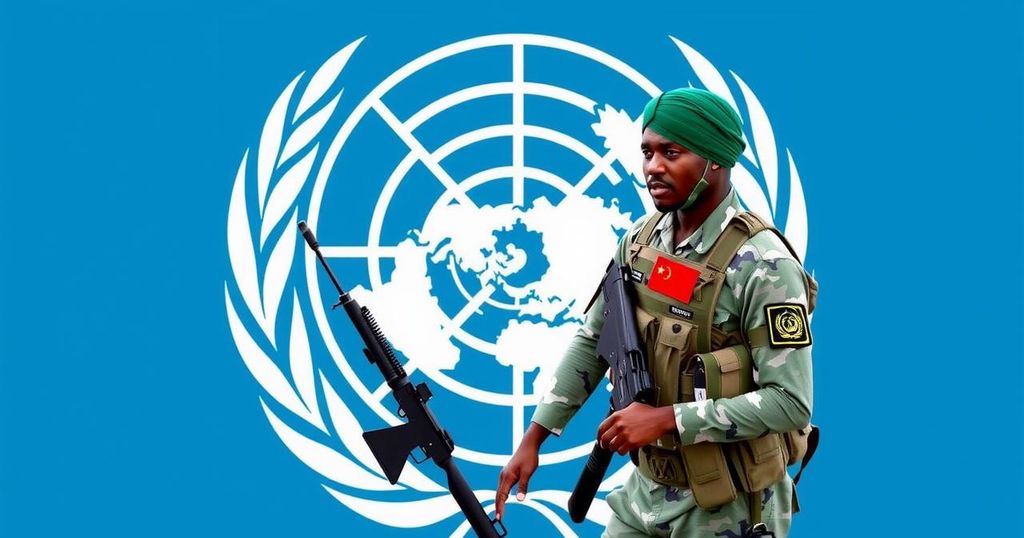Politics
ALLAN LICHTMAN, ASIA, DAWSON ' S CREEK, ELECTION, EUROPE/ASIA, FOOTBALL, GAZA, GAZA STRIP, GEORGIA, HARRIS, HEALTH AND WELLNESS, MEDIA, NATE DAVIS, NATE SILVER, NORTH AMERICA, OHIO STATE, OKLAHOMA, POLL RESULTS, PRESIDENTIAL ELECTION 2024, PRESIDENTIAL ELECTIONS, RAFAEL, TRUMP, UNITED STATES, US, US ELECTIONS, WHITE HOUSE
Clara Montgomery
Trump Reflects on Presidency Amid Election Anxiety and Consumer Spending Trends
Former President Trump regrets leaving the White House, while Vice President Harris appeals to Gen Z voters. Economic concerns arise due to consumer anxiety linked to the elections, prompting reduced spending. These elements underscore the intricate connection between politics and consumer behavior.
In recent updates surrounding the political landscape, former President Donald Trump expressed regret regarding his departure from the White House, asserting that his exit may have been premature. Conversely, Vice President Kamala Harris is actively engaging younger voters, particularly those in Generation Z, to galvanize support ahead of the upcoming elections. Amid these political discussions, consumer behavior appears to be influenced by what is termed “election anxiety,” compelling many individuals to reduce their spending during this critical period.
As the 2024 election approaches, fervent discussions and public sentiments surrounding political events are increasingly prevalent. Trump’s reflection on his presidency and Harris’s strategic outreach to younger voting demographics highlight the differing approaches taken by candidates. Simultaneously, the impact of external factors, such as voter anxiety, contributes to economic behaviors, shedding light on the intersection of politics and consumer confidence in a volatile electoral environment.
In summary, the current election cycle is characterized by significant shifts in sentiment, as highlighted by Trump’s retrospective comments and Harris’s proactive engagement with the youth. These factors, compounded by the public’s financial reactions to the ongoing political climate, demonstrate the complex and interwoven nature of electoral participation and economic behavior. As events unfold, the implications for both consumer spending and voter turnout remain critical to analyze.
Original Source: www.usatoday.com





Post Comment